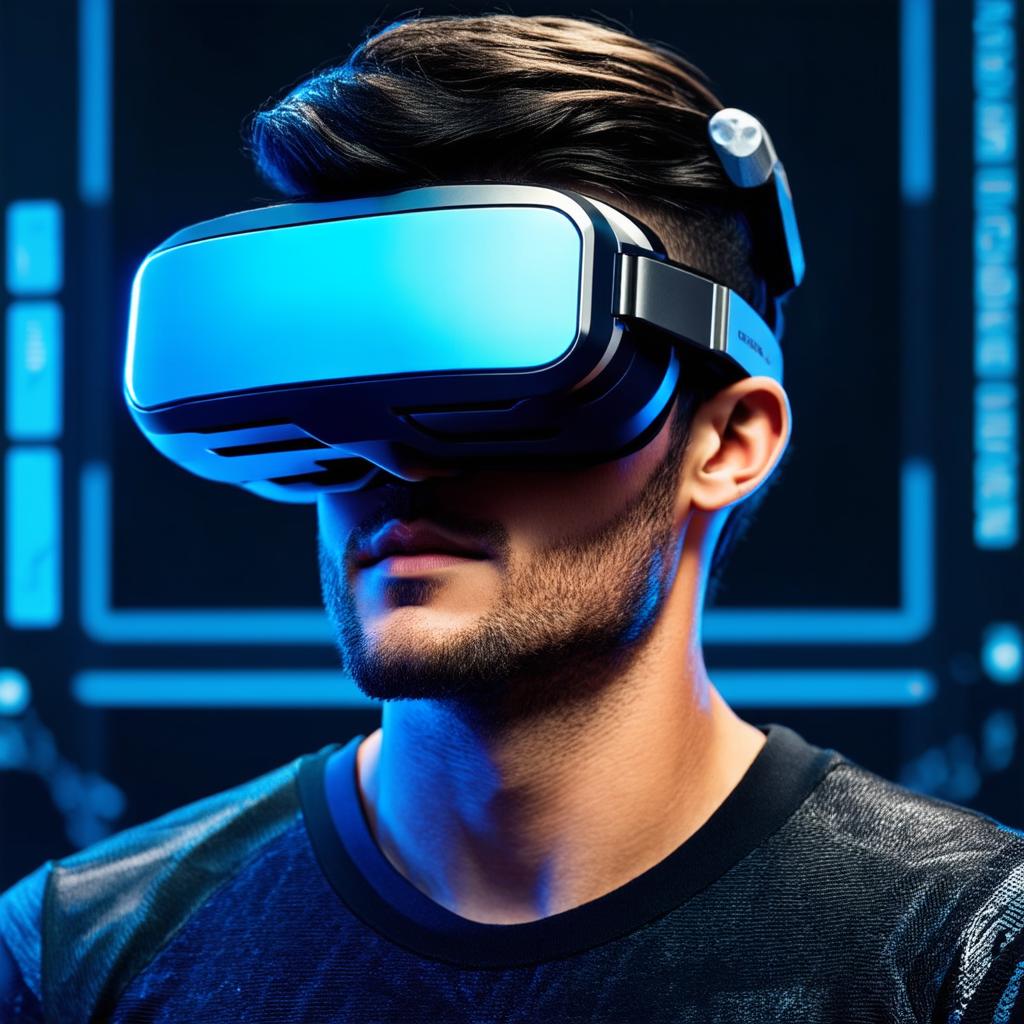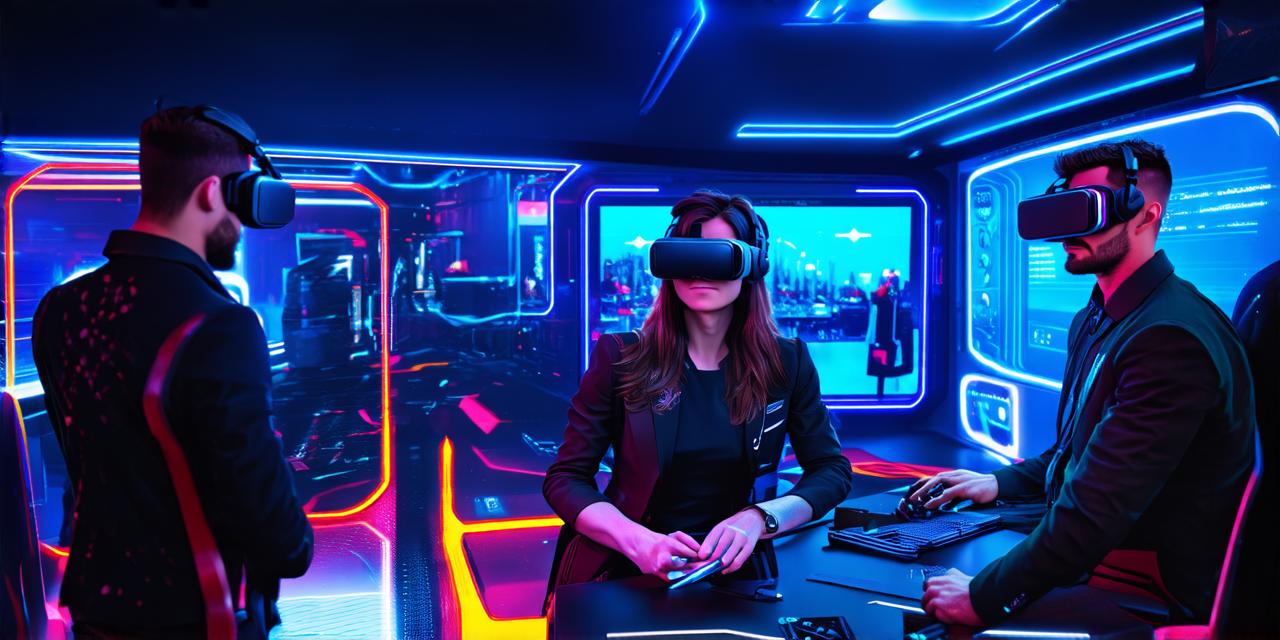Virtual reality technology has come a long way since its early days, and it’s now becoming more accessible to people in various fields. VR is an immersive experience that allows users to interact with computer-generated environments in a realistic manner.
Improved Training and Education
Virtual reality can provide an excellent platform for training and education. By simulating real-world scenarios, VR enables learners to gain practical experience without leaving their classroom or workplace. This is particularly useful in fields such as medicine, where VR simulations can be used to train medical professionals on complex procedures.
Enhanced Collaboration and Communication
Virtual reality can facilitate collaboration and communication among team members who are located in different parts of the world. With VR, teams can work together in a virtual environment that simulates their physical workspace, allowing them to interact with each other as if they were in the same room. This can be especially useful for remote teams or teams that have different time zones.
Reduced Costs and Increased Efficiency
Virtual reality can help organizations reduce costs and increase efficiency by allowing them to test products, prototypes, and solutions in a virtual environment before they are released into the market. This enables companies to identify and address potential issues before they become costly problems. Additionally, VR can also be used for product development, where designers and engineers can collaborate in a virtual space to create and test new products.

Improved Gaming and Entertainment
Virtual reality has revolutionized the gaming industry, providing players with an immersive experience that takes them to new levels of interaction with games. With VR headsets, controllers, and motion tracking technology, gamers can interact with virtual environments in a way that was previously impossible. This has led to the creation of entirely new genres of games, such as educational games and sports games.
Increased Accessibility for Disabled Individuals
Virtual reality can be a valuable tool for disabled individuals by providing them with an immersive experience that they may not have been able to access before. For example, VR can be used to simulate real-world environments that are accessible to people with mobility impairments, allowing them to practice and improve their physical abilities in a safe and controlled environment.
Improved Mental Health and Wellness
Virtual reality can also have a positive impact on mental health and wellness by providing users with an immersive experience that helps them relax and reduce stress. VR simulations can be used to create peaceful environments, such as virtual forests or beaches, where users can escape from the stresses of daily life and unwind. Additionally, VR can also be used in therapy settings, where patients can interact with virtual environments to help them overcome phobias or manage chronic pain.
In conclusion, virtual reality is a powerful tool that has numerous benefits across various fields. From improved training and education to enhanced collaboration and communication, reduced costs and increased efficiency, improved gaming and entertainment, increased accessibility for disabled individuals, and improved mental health and wellness, VR is an innovative technology that has the potential to transform how we live and work.
